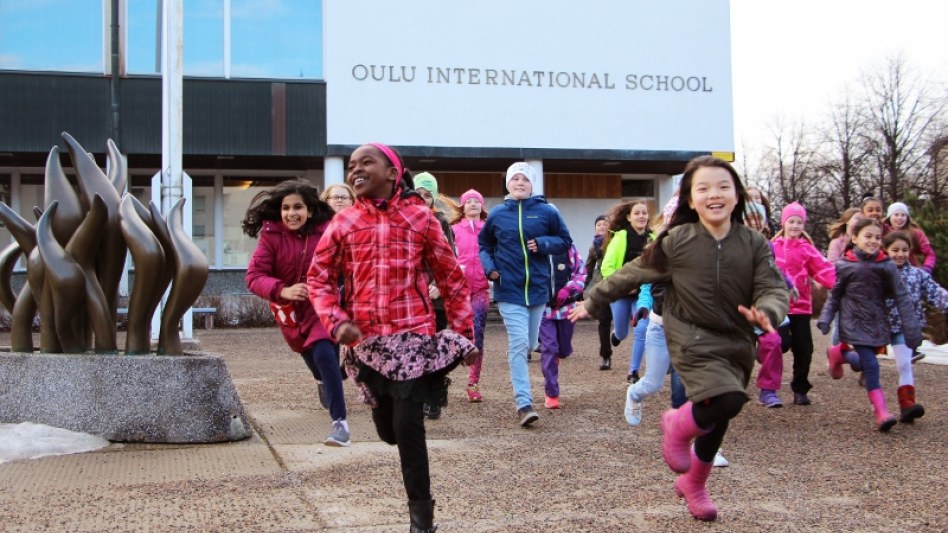Oulu International School (OIS), owned by the City of Oulu, offers Basic Education (Gr 1-9). It exists to meet the educational needs of the international and internationally minded community in and around Oulu. The school follows the Finnish national curriculum in English.

